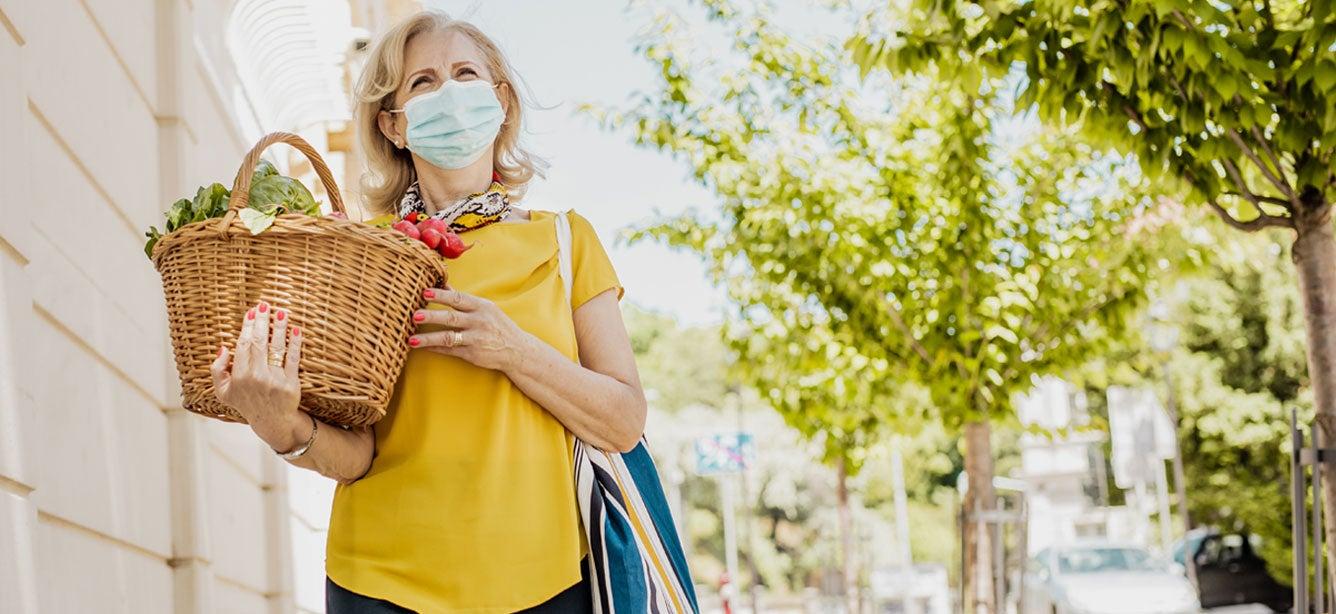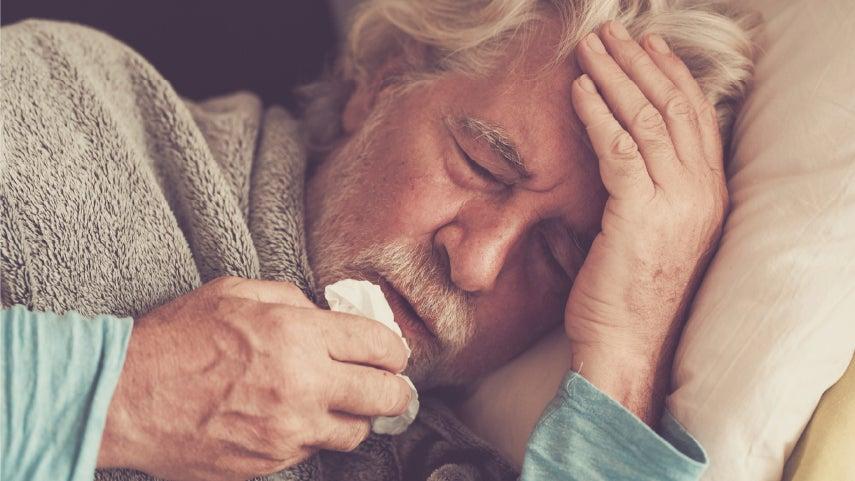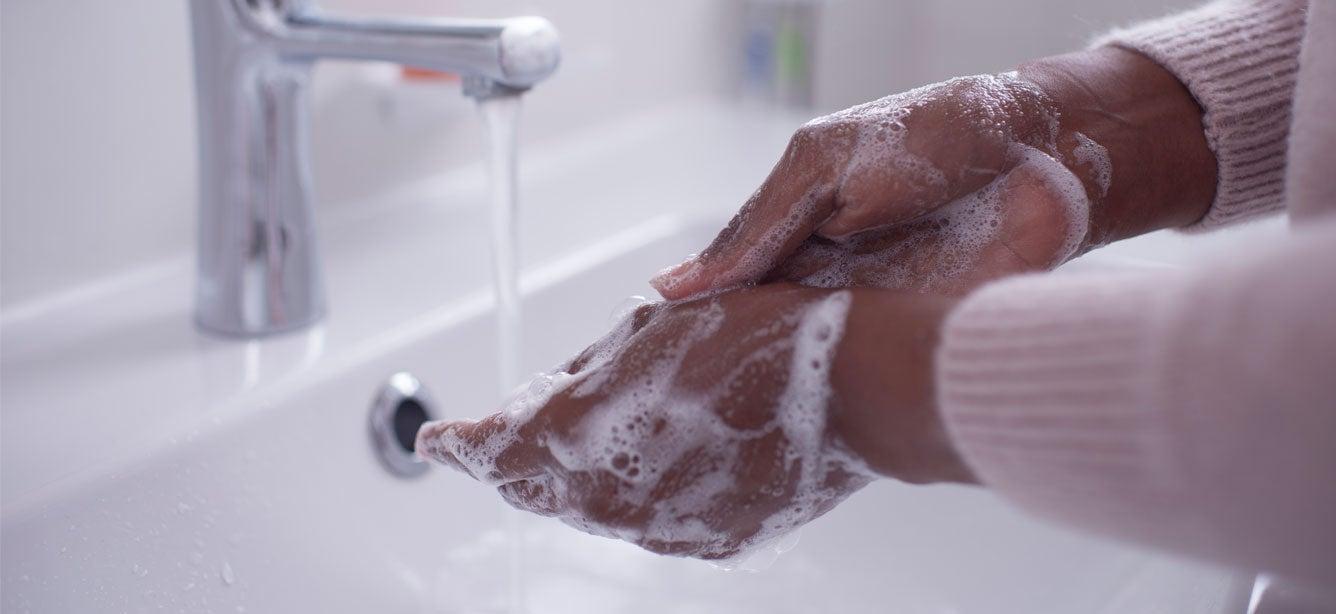COVID-19 Resources
COVID-19 is still part of everyday life, and caregivers play a key role in protecting older adults. Read the latest guidance, tips, and resources on vaccines, treatments, and staying healthy.
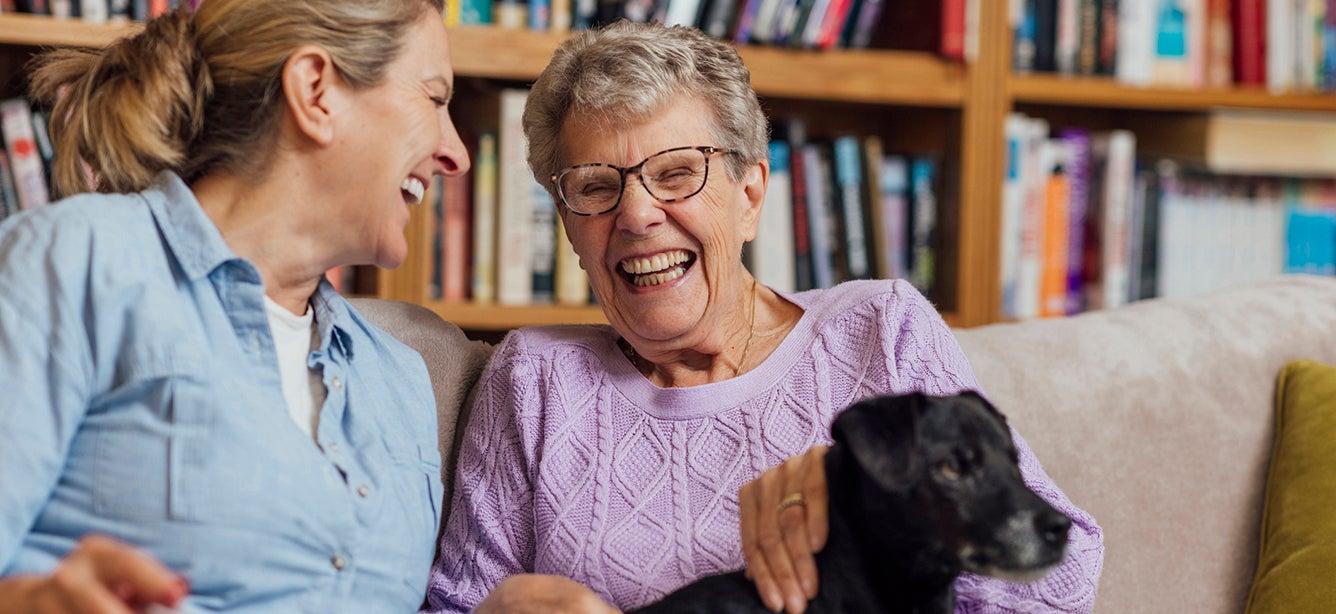
Is It Flu or COVID?
While flu and COVID-19 share many similarities, they are distinct illnesses with different causes, complications, and treatments.
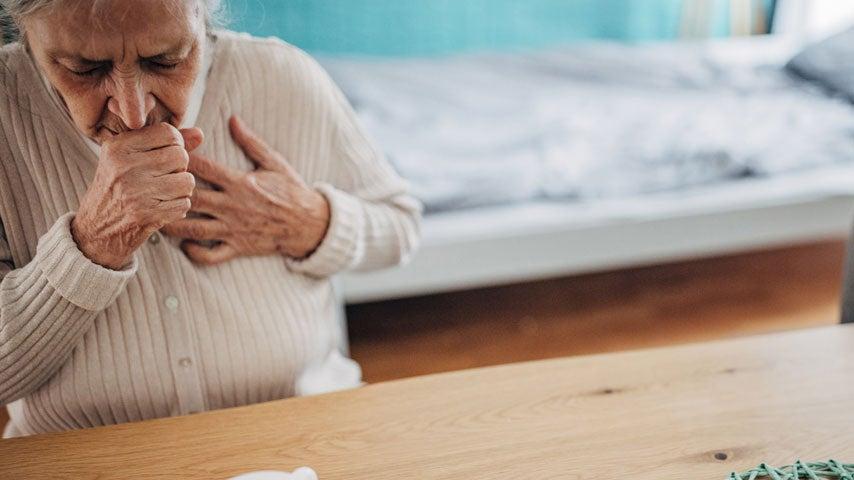
More Stories
Summer Reflections on Staying Safe
Oct 13, 2025